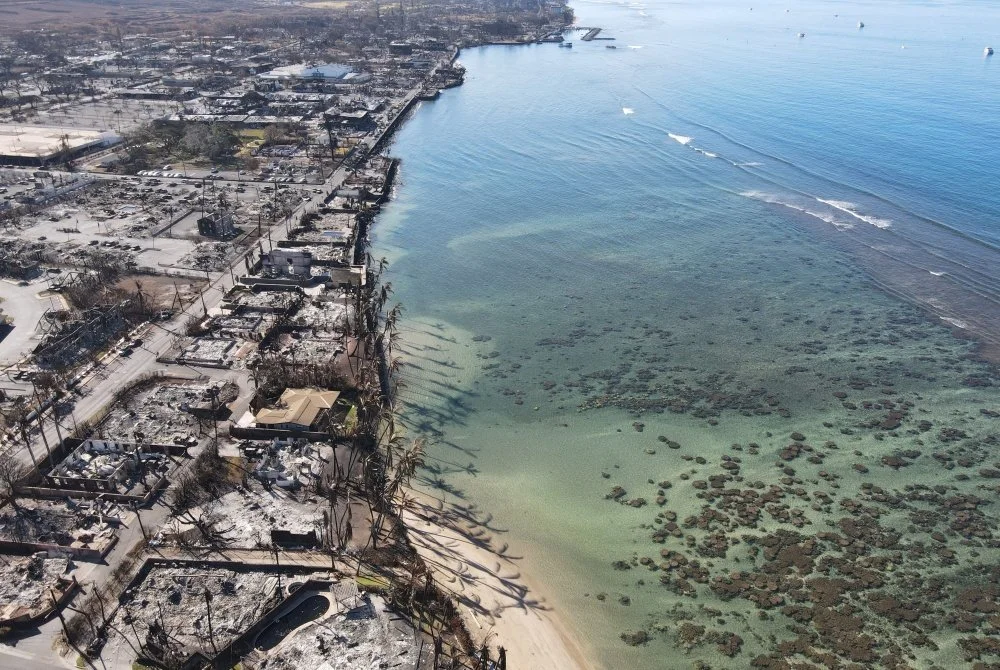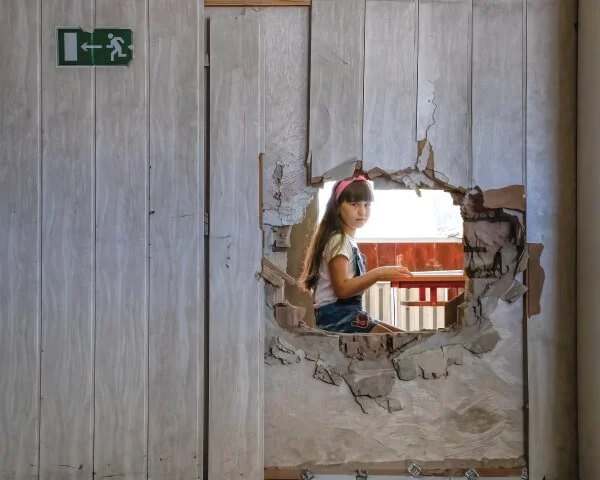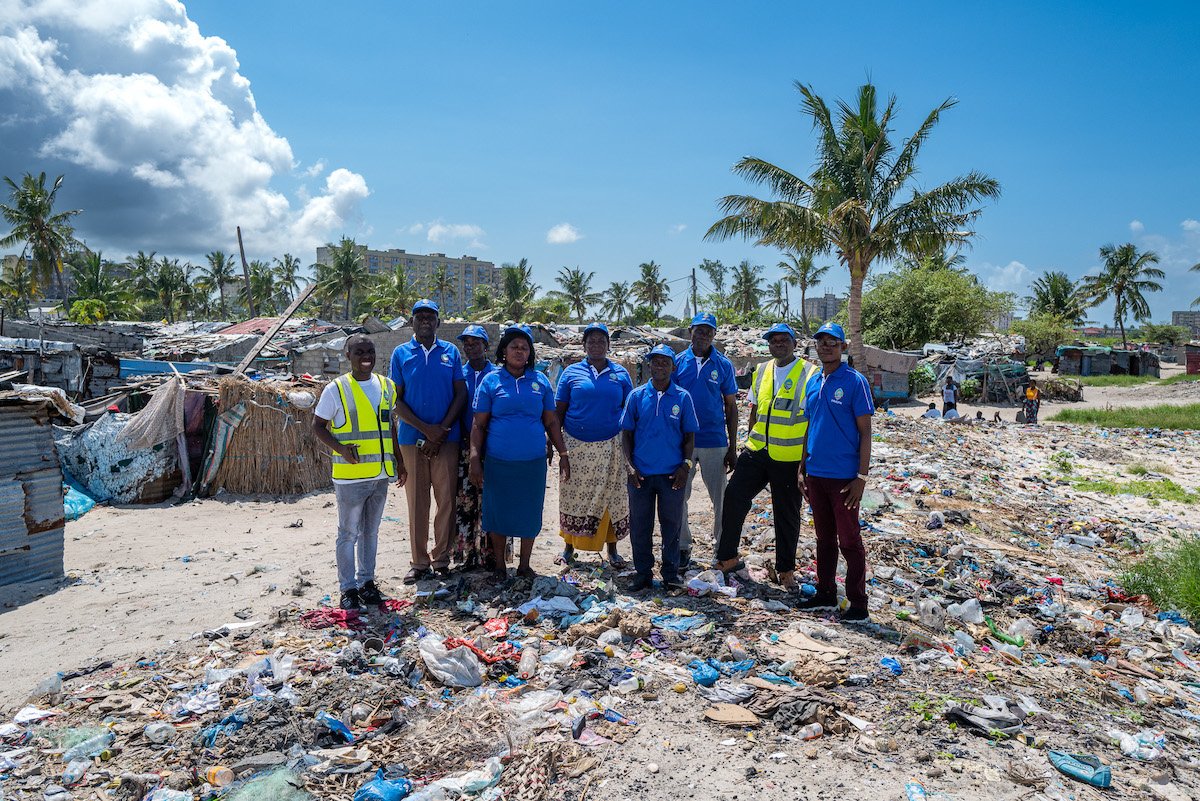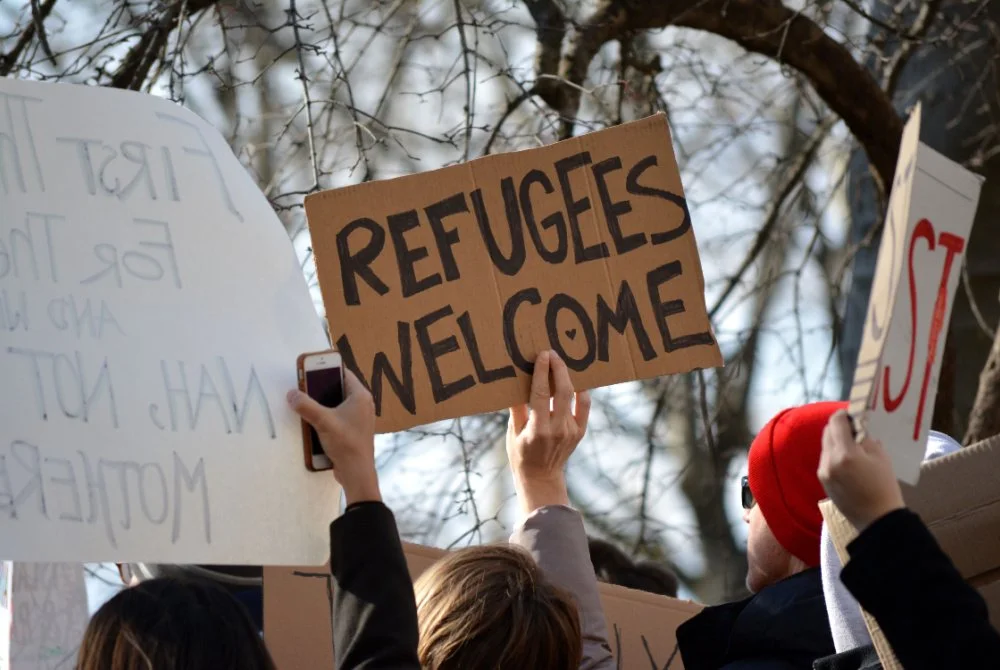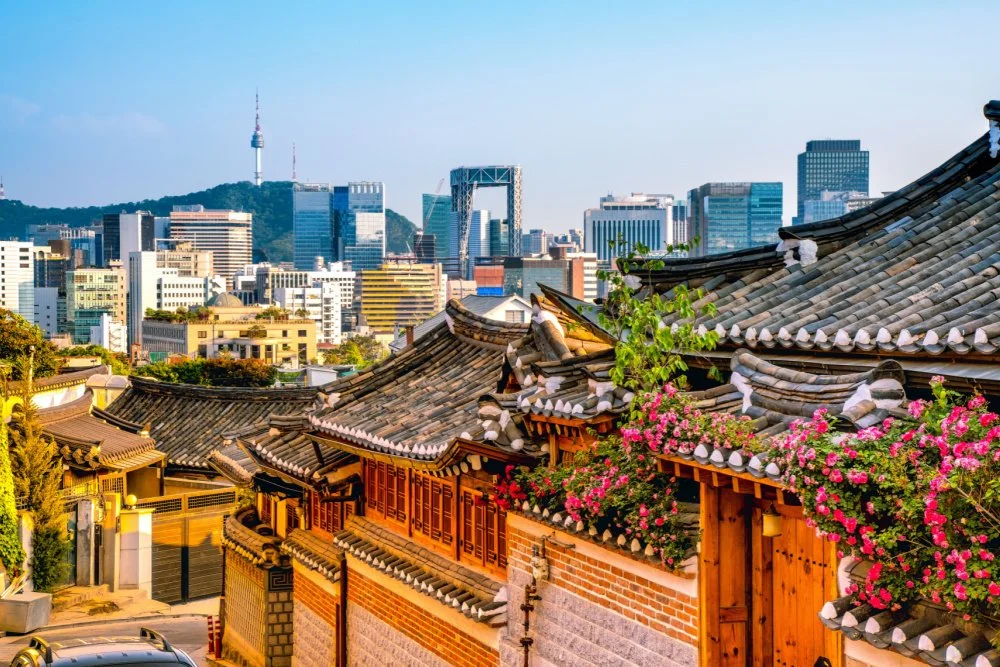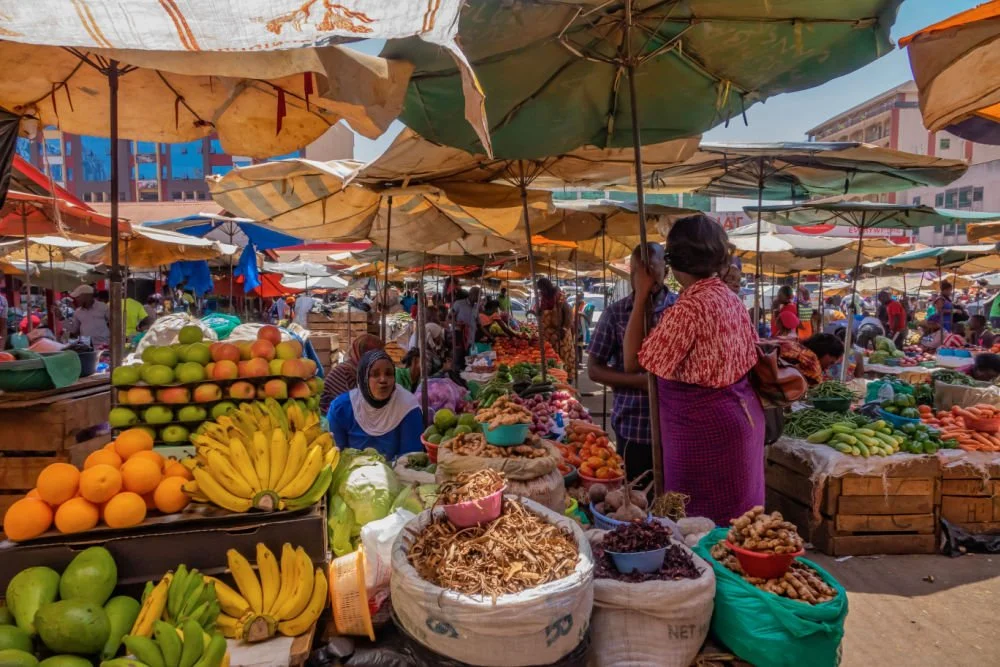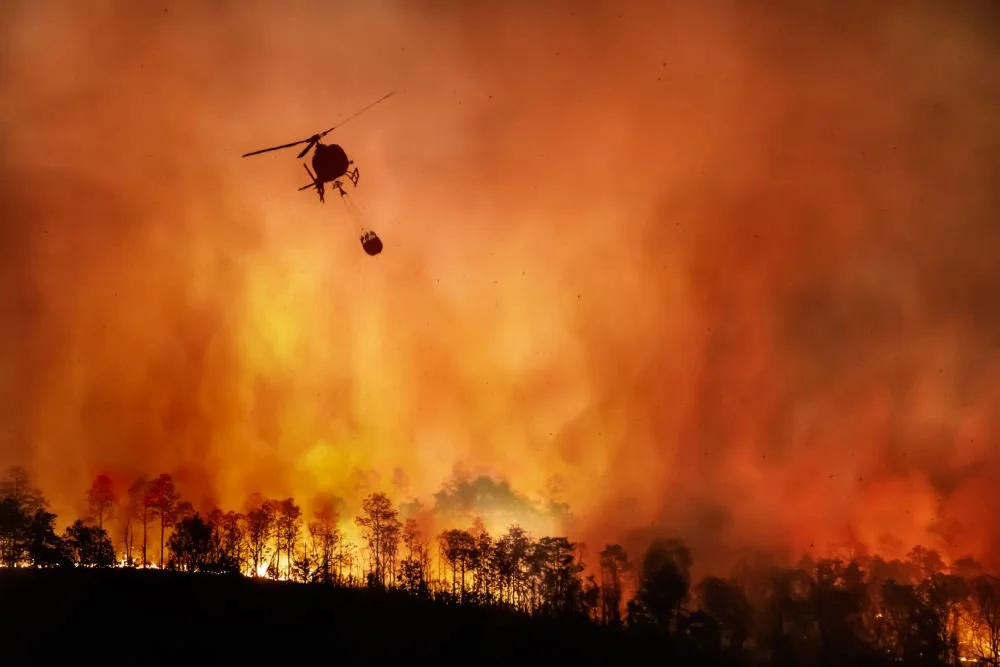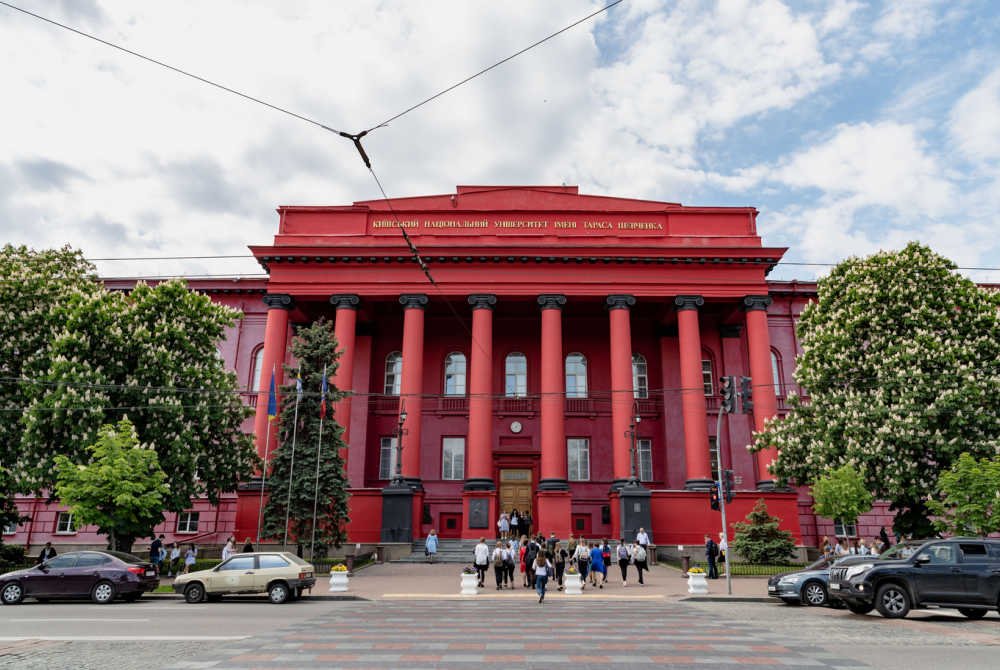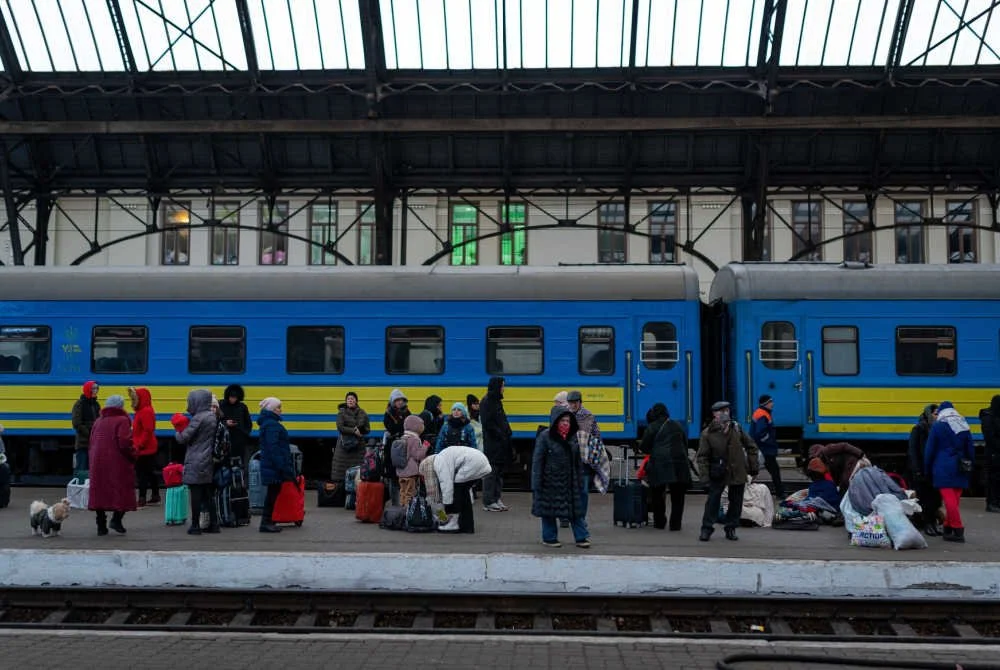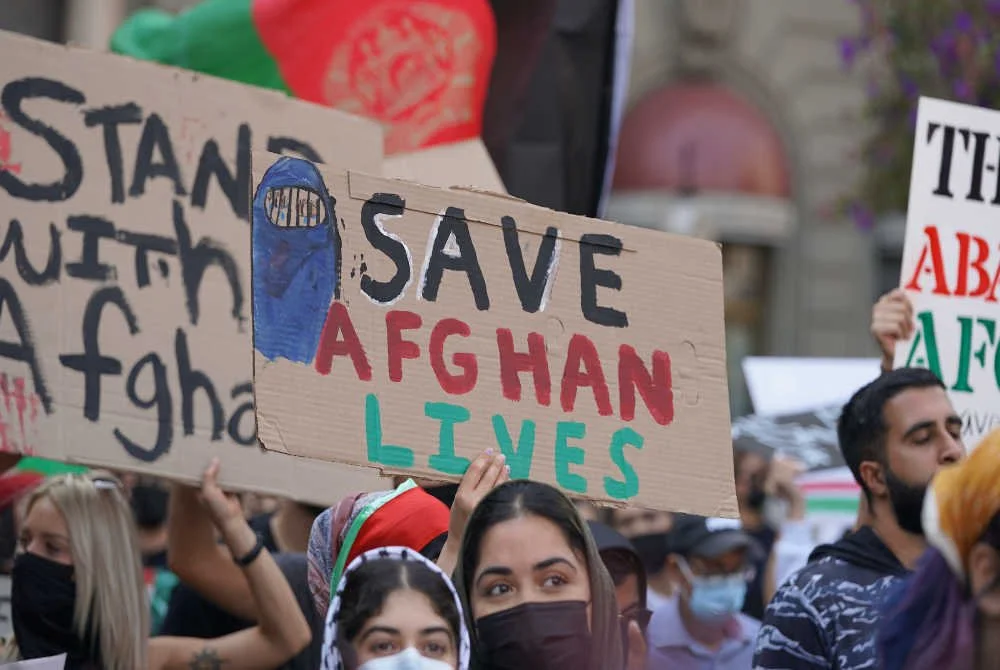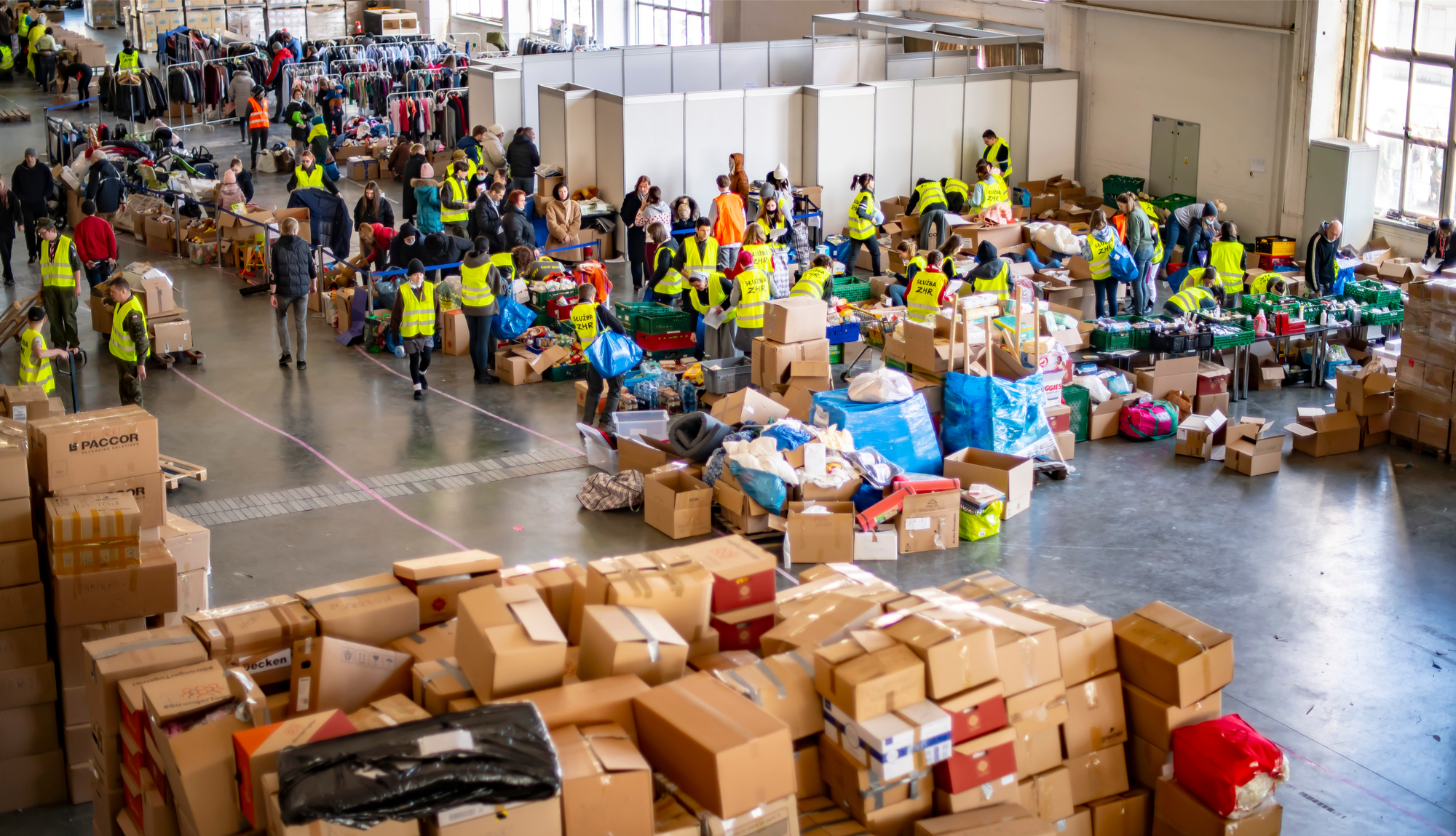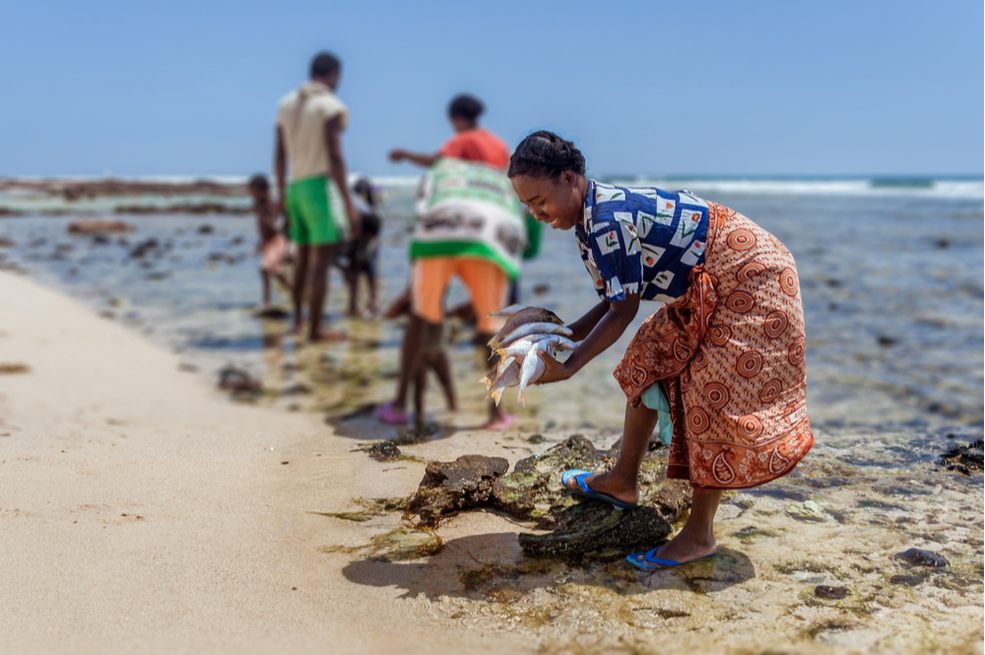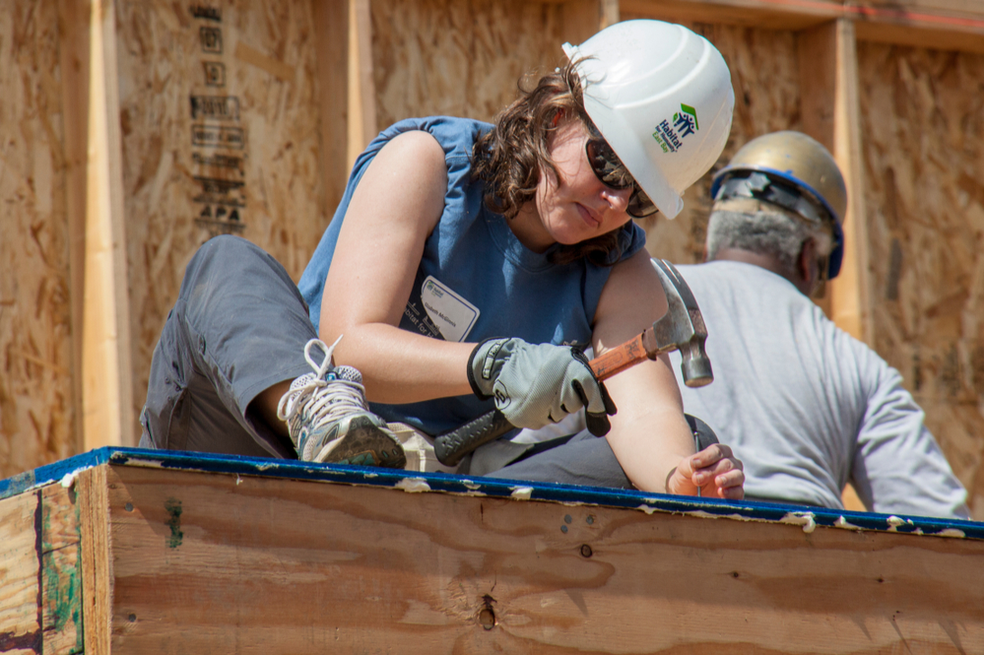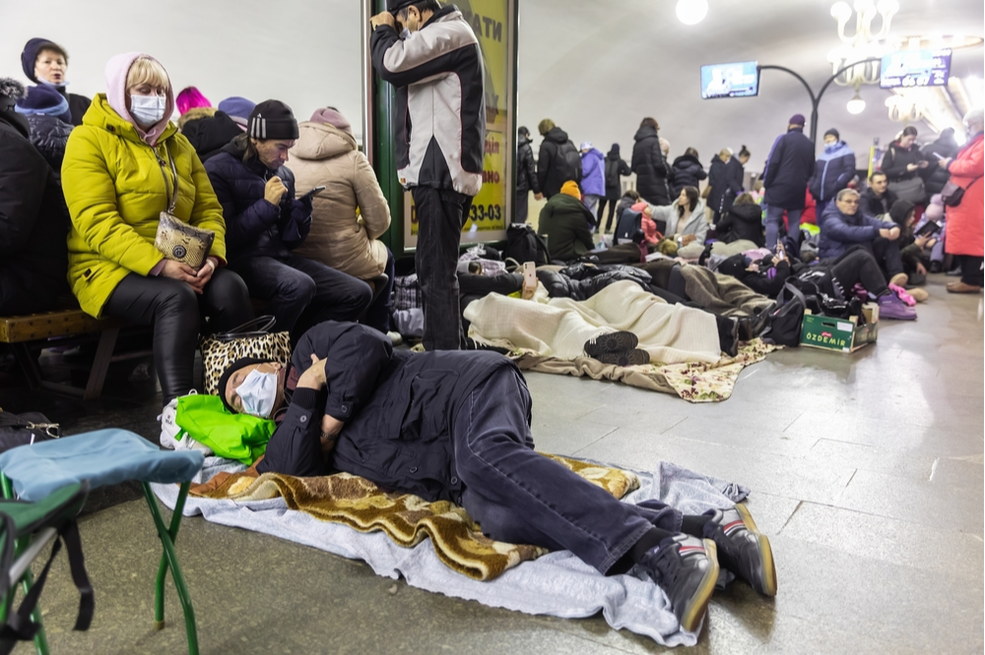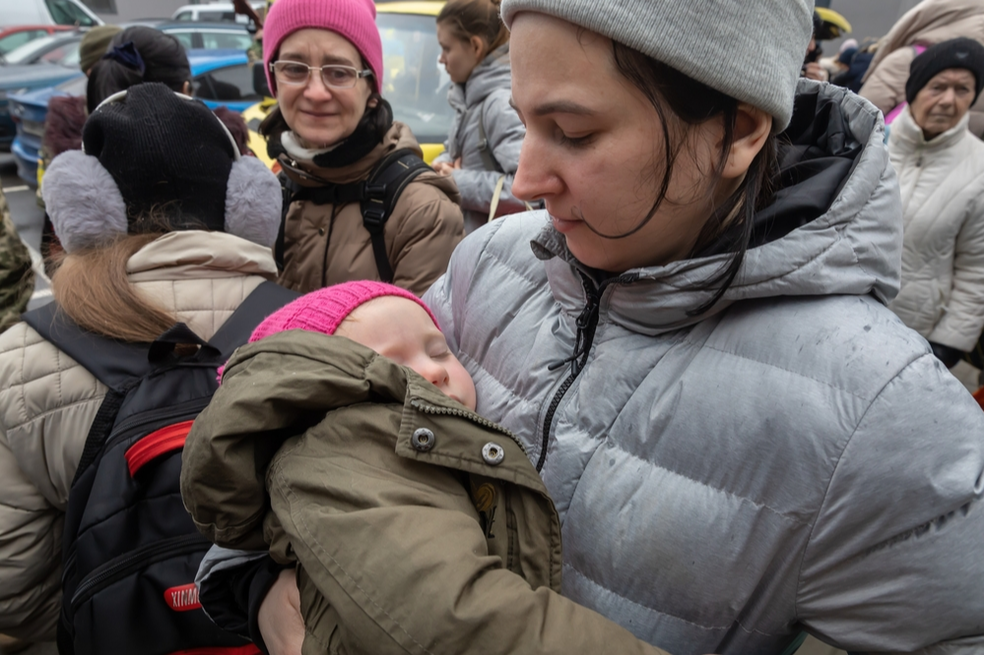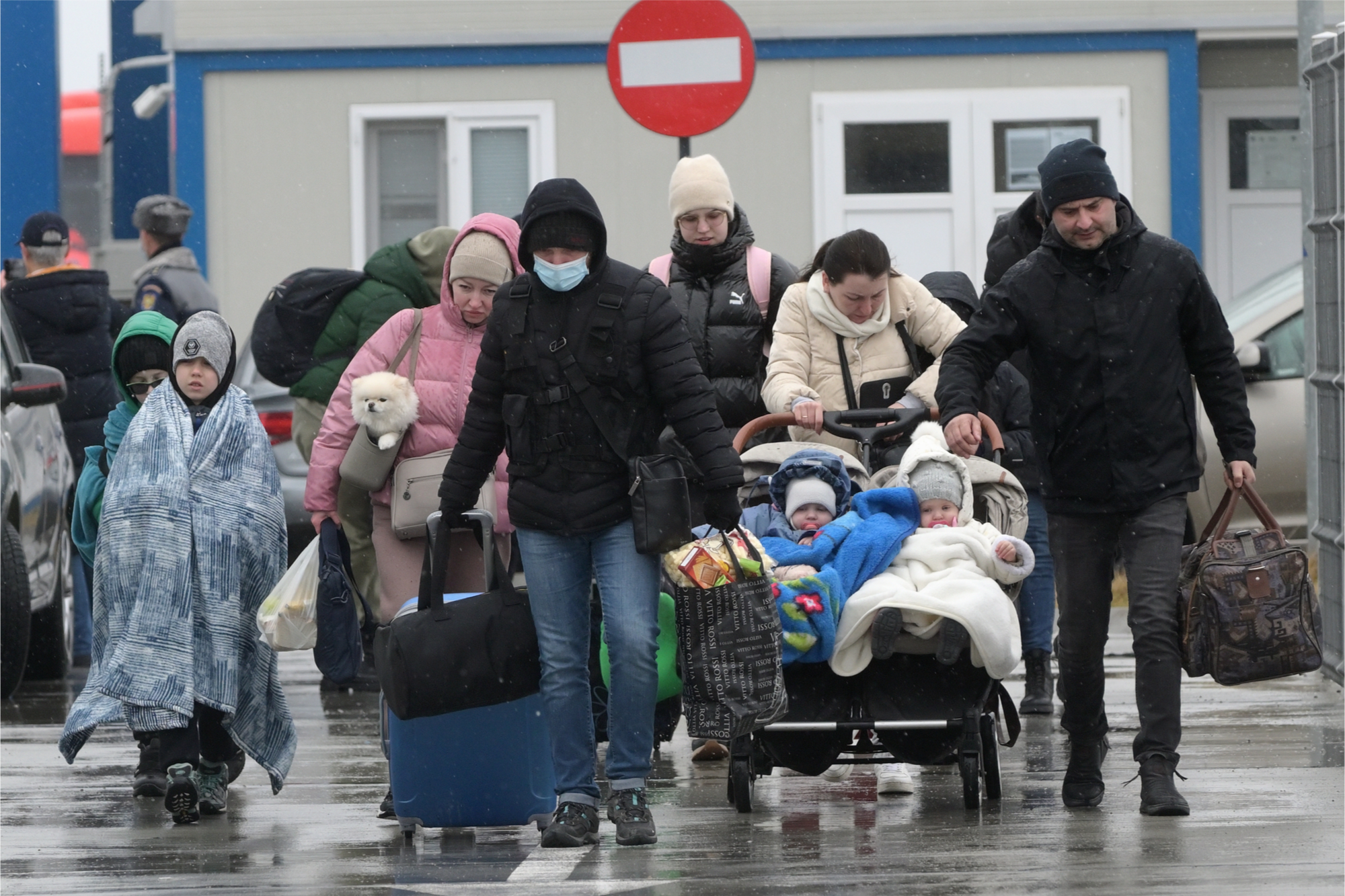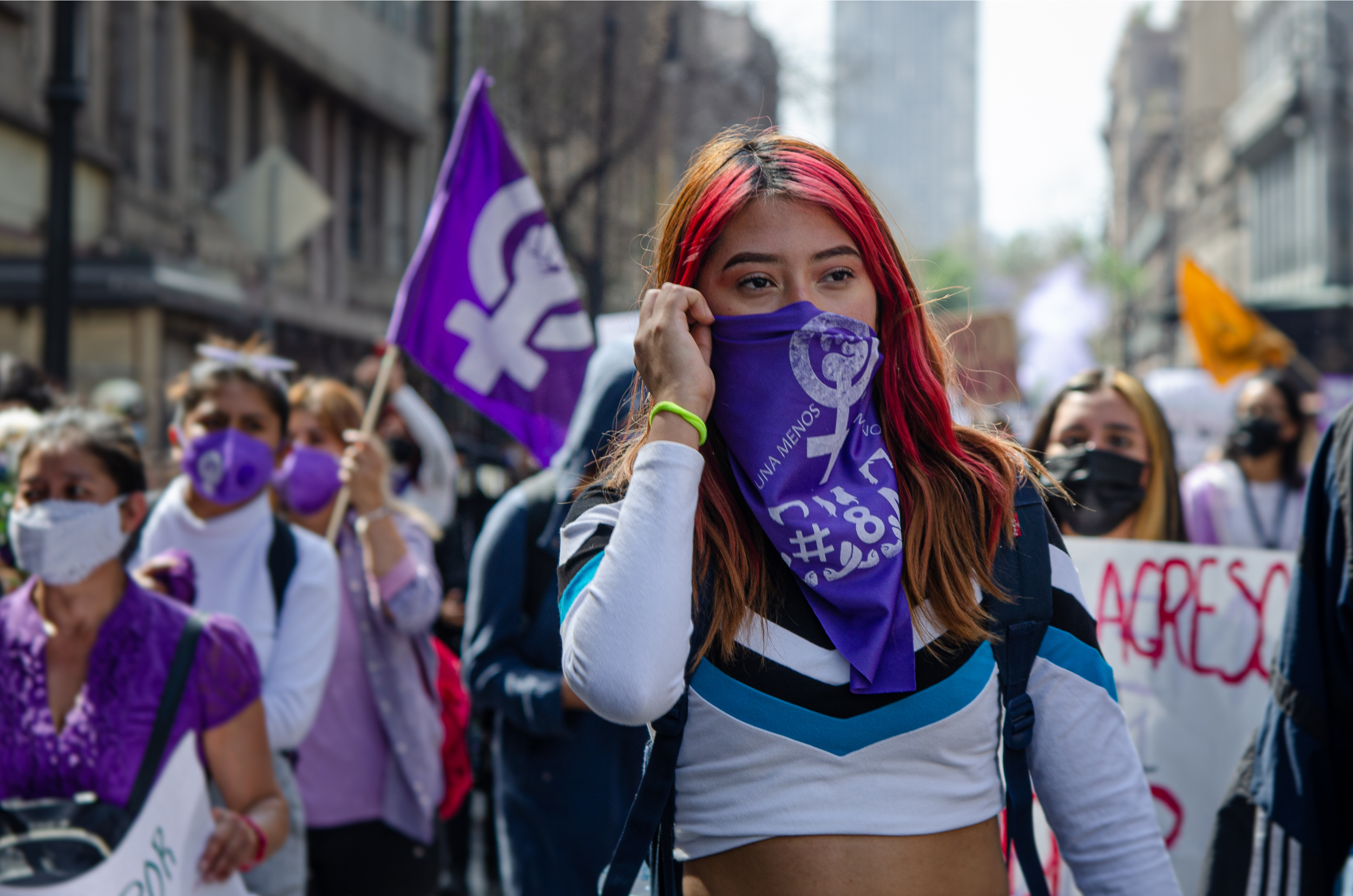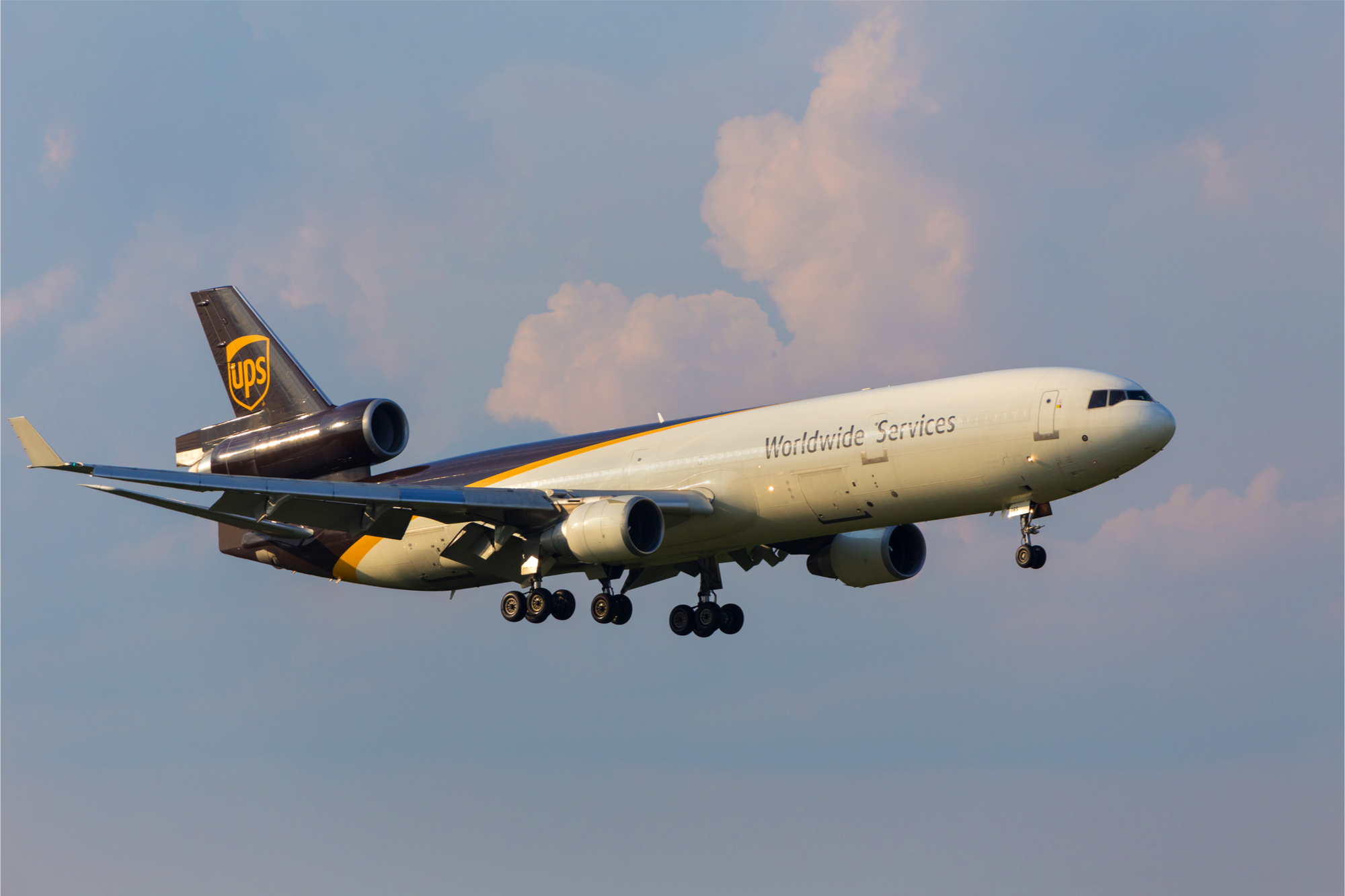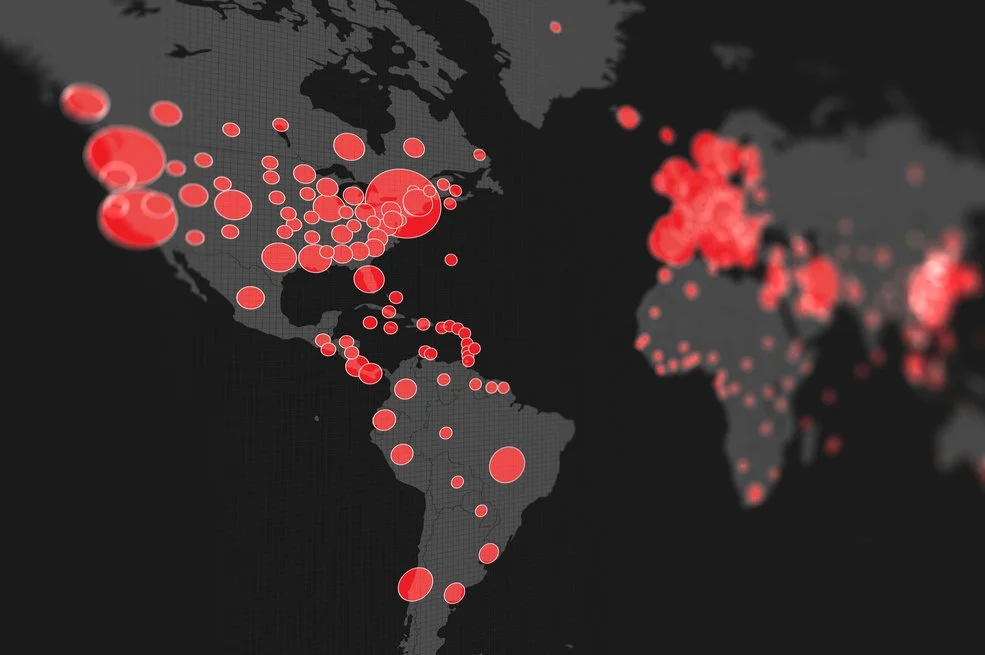Here's One Funder That Hasn't Forgotten Nigerians Fleeing Boko Haram
/Foundations have a mixed track record when it comes to responding to humanitarian crises. They do a decent job dealing with the suffering caused by natural disasters or epidemics, but often drop the ball if it's a war that is causing misery. Exhibit A lately has been the Syrian refugee crisis, one of the worst in decades, and yet a humanitarian crisis that has been largely ignored by major foundations.
And how about that mess in northeastern Nigeria, where Boko Haram’s insurgency is now in its sixth year? The group has killed more than 4,000 people, displacing more than a hundred times that number and ravaging school and government buildings in one of the poorest areas of Nigeria. Refugees have flooded into neighboring Niger and south, where they’ve sought asylum in schools, mosques and churches.
How are funders reacting to this crisis?
Well, here there's some good news to report. The Gates Foundation has been on this case for a while now. In December, it gave CARE $1 million to help provide emergency aid to thousands of refugees fleeing Boko Haram. Many people escaped with nothing, not even shoes, and soon found themselves in desperate need of food and potable water.
Last May, the foundation gave a $800,000 grant to the International Rescue Committee for its work to help Nigerian refugees.
The Gates Foundation is not well known for its emergency response funding, and it's a small piece of its grantmaking overall. But given the size of the foundation, even that small piece is pretty substantial, and Gates money finds it way to a number of crisis zones. Recently, for example, it gave $1 million to the International Medical Corps for its work in Libya, another place where armed conflict is inflicting huge suffering.
It's not surprising that the Nigerian crisis would be on the radar of this funder. Gates is deeply involved in Nigeria through a number of its programs. Of course, the kidnapping of 274 school girls on April 15, 2014 has put Boko Haram on a lot of radars, sparking international outrage and the launch of the Bring Back Our Girls Campaign. Even First Lady Michelle Obama added her voice by tweeting an image of her holding up a sign labeled with the hashtag "#BringBackOurGirls.
Abduction fears have caused a rise in the number of girls and women escaping Nigeria. Recently, the Boko Haram swore loyalty to the Islamic State, and has adopted some of its heinous techniques, including beheading.
Fortunately, some of the world's top NGOs are closely focused on situation in Northeastern Nigeria, and the International Rescue Committee is one of them. IRC “helps people whose lives and livelihoods are shattered by conflict and disaster to survive, recover, and gain control of their future.” It doesn’t work at the methodical pace of many foundations and charities. The IRC considers itself to be a first responder doing its best to marshal its resources so it is confronting crises within three days of occurrence. The committee is now working with local health care facilities to provide food, improve water quality and refine hygiene for more than 300,000 people uprooted by the Nigerian conflict.
In January, The U.N. Security Council warned that escalating Boko Haram attacks could destabilize the entire region and may be committing crimes against humanity, making the perpetrators liable for punishment at the hands of the international Criminal Court—if of course, they ever get caught.
Related:



